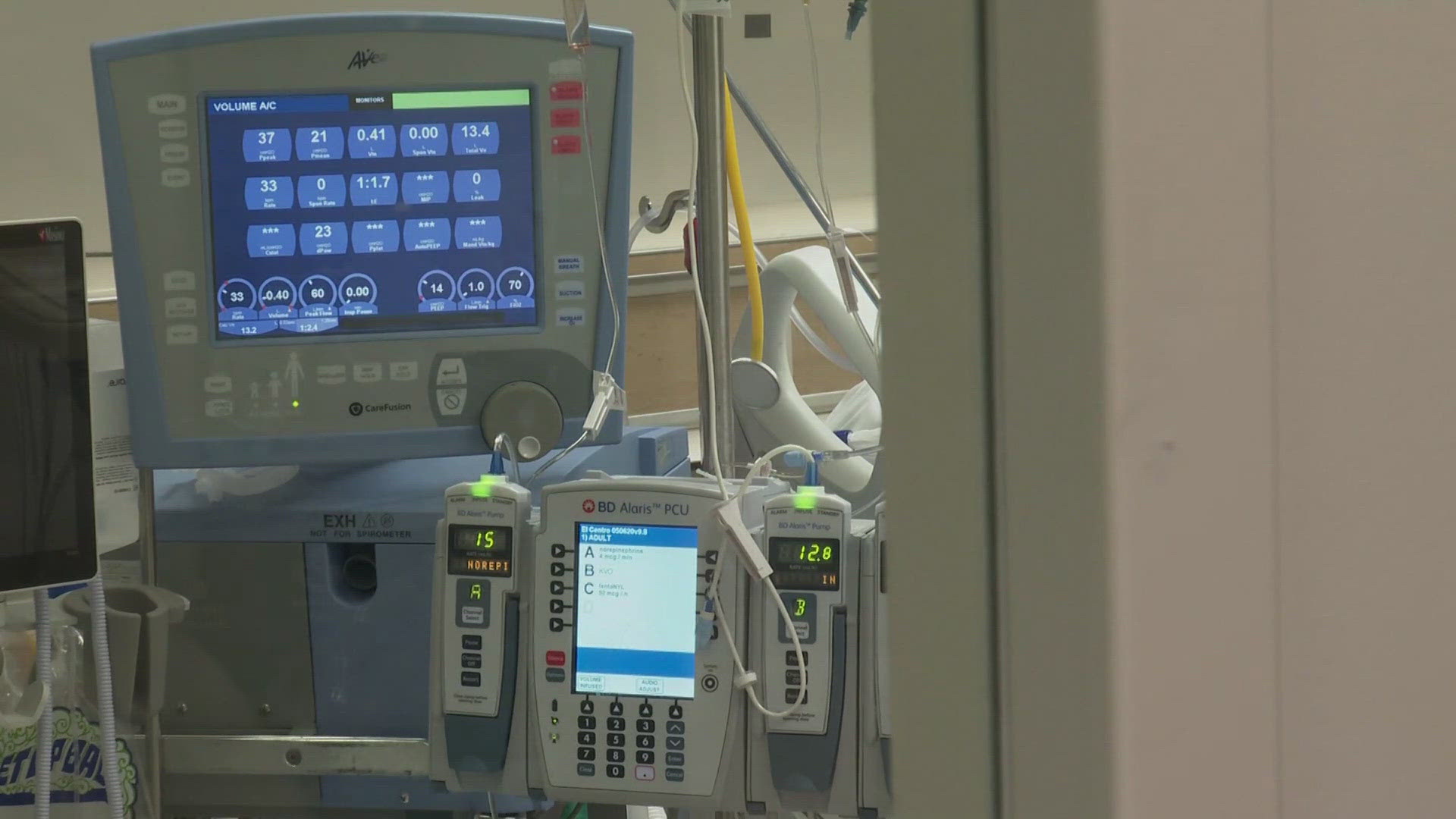KUSA — May is National Blood Pressure Education month. Approximately half of all Americans have high blood pressure. Do you know your numbers?
1) What is high blood pressure?
High blood pressure (also known as hypertension) is when the force in the blood vessels is too high. Over time, these high forces cause tears in the blood vessel linings and cholesterol begins to deposit. As more damage and plaque builds, the arteries become more and more narrow. This can cause damage to your entire body including your heart, brain, eyes, and kidneys. It’s often known as the silent killer because most people don’t have symptoms until their organs are damaged. Even children can have high blood pressure, so it is very important to watch you and your family's numbers closely.
2) The diagnosis of high blood pressure used to start at 140/90, but now the numbers are different. What do these new numbers mean?
Anything above 120 as the top number (systolic) and above 80 as the bottom number is considered elevated blood pressure. 130-139 or 80-89 is considered stage 1 high blood pressure. Above 140 or 90 is considered stage 2 blood pressure. Depending on your numbers, you may need to start medications right away. Or, if your blood pressure is elevated or stage 1, your healthcare provider may start first with lifestyle changes. Everyone can benefit from lifestyle changes, which can lower your blood pressure by 5-15mmHg even without any medications.
3) What can you do to lower your blood pressure?
Eating less than 1500 mg of salt, exercising 30 min per day five days a week at least, losing weight, managing stress, limiting alcohol, eating more potassium and not smoking can make a big impact on your blood pressure.
4) What puts you at risk for high blood pressure?
Older age, family history, stress, smoking, diet, race (African-Americans more likely to have high blood pressure) are just some of the factors that can put you at-risk for high blood pressure.
5) What can happen over time to your body if your blood pressure is not treated?
High blood pressure can put you at-risk for having a stroke, heart attack, heart failure, sexual dysfunction, narrowing of the blood vessels on the legs (peripheral arterial disease), vision loss and even kidney failure. It is so important to manage this condition as soon as it is diagnosed.
The American Heart Association has important information on understanding your numbers, how to treat high blood pressure, and simple things you can do to manage your blood pressure.


